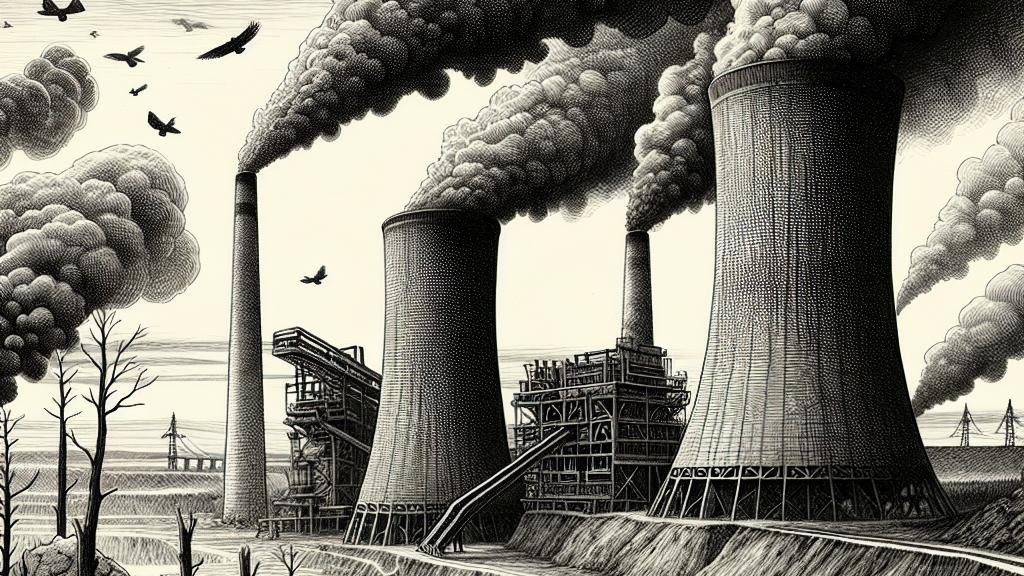Australia's Controversial Coal Mine Extension Decision
Overview
- Australia extends coal mines, drawing fierce criticism from environmental activists.
- Projected emissions from extensions may exceed 1.3 billion tonnes of CO2, sparking alarm.
- While the government cites energy security, critics argue it undermines climate commitments.

A Controversial Choice with Global Implications
In a surprising and contentious decision, the Australian government has opted to extend the operations of three thermal coal mines in New South Wales. This move adds between 8 to 22 years to their lifespan and is expected to release over 1.3 billion tonnes of carbon dioxide into the atmosphere. To put this in perspective, that’s like adding the emissions of hundreds of millions of vehicles. Climate advocates swiftly denounced the decision, describing it as a blatant contradiction to Australia’s pledges for significant emissions reductions. For instance, the Australian Conservation Foundation referred to this extension as a tragic step back, deepening concerns about the country’s commitment to achieving a 43% reduction in greenhouse gas emissions by 2030. Here we see a vivid conflict between economic interests and climate responsibility.
The Economic Argument: Job Security vs. Environmental Sustainability
Supporters of Australia's coal industry make a compelling case regarding its economic importance. They highlight that the coal sector contributed an impressive $99.3 billion to the national economy last year, providing reliable energy for approximately 47% of the country’s electricity needs. As several coal-fired power stations are slated for closure soon, the government champions the extension of these mines as essential for maintaining energy security. However, this debate invites scrutiny: at what environmental cost does this economic dependence come? For example, while jobs in coal mining are vital, many rural communities are beginning to pivot towards renewable energy solutions, creating a hybrid economic landscape. This creates an engaging narrative where local communities are not merely passive participants but active players in the nation's energy transition.
Navigating the Climate Crisis: A Balancing Act
Australia finds itself at a crucial juncture, navigating the complex interplay of economic necessity and environmental obligation. While coal mining has historically underpinned local economies, the global transition towards cleaner energy sources raises pressing questions about sustainability. Countries worldwide are investing in renewable energies, leaving Australia to reconsider its dependence on coal. Critics warn that extending these coal mines positions Australia in stark contrast to international climate goals, potentially sidelining its role in global discussions. This scenario poses an urgent question: can Australia reconcile short-term economic benefits with the long-term imperative of environmental stewardship? The stakes are incredibly high, as the decisions made today will not only shape national policies but also define Australia’s reputation in global climate negotiations.

Loading...